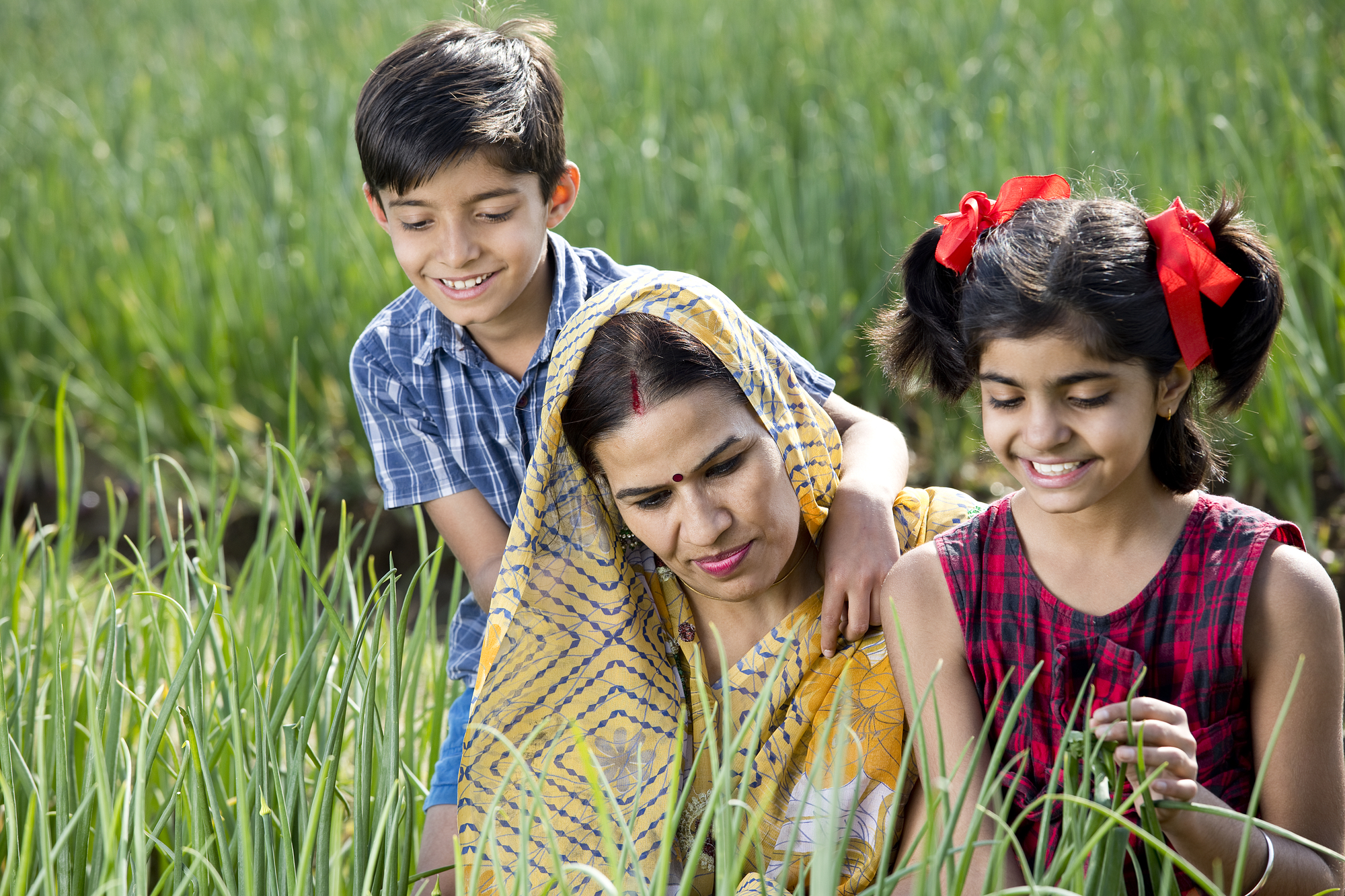Social and Behavioural
Explore Social and Behavioural

Dr Jerome Premmereur | What Spinoza Can Help us Understand About Extreme Radicalism
In a novel exploration of human radicalism, defined by governments as violent attacks, Dr Jerome Premmereur, a cardiologist and a clinical research expert based in the United States, draws on the philosophy of Baruch Spinoza to propose innovative solutions to the pressing societal issue of terrorism. His new book, “A Biological, Psychological and Philosophical Approach to Human Nature and Radicalism”, examines radicalism through the lens of human biology and Spinoza’s concepts, offering a comprehensive approach to understanding and mitigating extremism. Premmereur argues that radicalism is an inherent part of human nature, but can be addressed through a holistic strategy encompassing education, politics, balanced laws, healthcare, and economic stability. By revisiting ancient Greek democracy and applying Spinoza’s ideas to modern challenges, Premmereur presents an optimistic vision, although challenging in practice, to reduce extremism and create a better world.

Dr Alan Cottey | How we can Improve our Science Communication to Create Climate Crisis Action
We are facing a climate crisis that threatens our entire world and life as we know it. Despite this, scientists have found it difficult to engage people on the issue and inspire effective action. Dr Alan Cottey at the University of East Anglia explores the history of scientists’ climate warnings and suggests a four-register model of communication that he believes has the potential to reach people with varying degrees of scientific literacy and different lifestyles.

Professor Yaniv Belhassen | What role does tourism have in peacebuilding and reconciliation between Israelis and Palestinians?
Vitamin D has been studied as a treatment for a large number of diseases and conditions, from cancer to autism to COVID-19. However, its mode of action is not completely understood. Professor Ralf Herwig carries out his research at HG Pharma GmbH (Austria) and Ulster University (UK). His vital work explores the role of vitamin D in the body with a view to unlocking its potential as a treatment for a variety of health conditions involving the immune system.

Professor Thea Brown | Unveiling Factors Linked to the Murder of Children by Their Parents
Filicide, the killing of a child by a parent or a parental figure, is a heinous and incomprehensible crime. Professor Thea Brown, with her colleagues Associate Professor Danielle Tyson and Dr Paula Fernandez Arias from the Monash Deakin Filicide Research Hub shared between Monash and Deakin Universities, has been studying filicide for years, in the hope of uncovering common factors linked to filicide that could be included in future prevention initiatives. Her studies identified common social, familial, and personal circumstances that characterised many cases of filicide in Australia over the past decades.

Professor Deanna Kuhn | How Can We Equip Teens With Skills and Values of Reasoned, Respectful Discourse?
Our world is facing new and frightening challenges, and political polarization has never been greater. Many see reasoned, respectful discourse as our only path to survival and progress, but attaining the skills and values it requires is not straightforward. Professor Deanna Kuhn of Columbia University has developed a discourse-based curriculum to help the next generation develop the values and the social and critical thinking skills they will need if they are to use tools of discourse to address the complex problems and challenges that await them.

Professor Tanja Börzel | How Identity Politics Shapes European Union Integration
The war in Ukraine has tested the resilience and unity of the European Union in unprecedented ways. As with some past European crises, EU member states have shown a willingness to unify and cooperate. However, unlike during other crises, this hasn’t resulted in strengthened EU regulatory or fiscal powers. In recent research, Professor Tanja Börzel at Freie Universität Berlin explores why this is the case.

Dr John Kershner | Understanding the Causes and Brain Mechanisms Behind Dyslexia
Individuals with dyslexia encounter difficulties in learning to read, despite possessing a normal level of intelligence and having access to qualified teachers and educational materials. However, the causes of dyslexia remain disputed. One suggestion is that dyslexia may be related to stress, either experienced by the afflicted individual at a young age, or through inheriting stress-related biological changes from their parents. Dr John Kershner, a neuropsychologist at the University of Toronto, has conducted extensive research on this alternative hypothesis and provides compelling evidence to support this emerging concept.

Professor Uma Lele | Exploring How India Can Ensure Sustainable Growth and Resilience with Broad Participation into the Future
India has seen impressive economic and institutional growth in recent years, but the country isn’t yet meeting its full potential. In a world that is increasingly volatile and uncertain, how can India overcome its challenges and ensure resilience into the future? In her recent work, Professor Uma Lele explores various ways that India can achieve this.

Professor Ann Nevile | What Evidence Do Policymakers Need to Make Robust Decisions?
Policy decisions are influenced by many factors, from the ideology of the policymaker and their advisors to political expediency. Most would also agree that key political decisions should be evidence-based. However, this is easier said than done. Understanding what evidence policymakers need, and how they should evaluate this, is key for more robust decision-making.

Dr Abayomi Sanusi | Can Faith Institutions Encourage People to Maintain Healthy Blood Pressure?
High blood pressure, also known as hypertension, is a common and potentially dangerous condition that increases the risk of many severe medical issues, including heart disease, heart attack, stroke, heart failure, and kidney disease. Dr Abayomi Sanusi, a researcher at the University of York, recently carried out a study exploring how faith-based institutions could encourage their community members to adopt healthy behaviours that can reduce hypertension.

Dr Eva Straus | Exploring the Professional Lives of Remote Workers During the COVID-19 Pandemic
During the COVID-19 pandemic, many people across the globe changed the way they worked, to comply with social distancing measures. Many people worked from home, and attended meetings virtually using videoconferencing platforms. Dr Eva Straus, Dr Lars Uhlig, Professor Jana Kühnel, and Professor Christian Korunka at the University of Vienna recently carried out a diary-based study exploring the wellbeing, perceived productivity, and professional engagement of remote workers during the pandemic.

Ria Nishikawara | Exploring How to Improve Healthcare for Patients with Fibromyalgia
Fibromyalgia is a relatively common and yet poorly understood condition characterised by chronic diffuse pain and stiffness, chronic fatigue, poor sleep and cognitive difficulties. Ria Nishikawara at the University of British Columbia and her collaborators Dr Izabela Schultz, Dr Lee Butterfield, and John Murray, carried out a study exploring the unique healthcare experiences of patients diagnosed with fibromyalgia. Their aim was to determine what patients found most helpful and how the available services could be improved.
Increase The Impact Of Your Research!
Explore partnership opportunities
Unwind without the hassle. Enjoy fresh audiobooks, delivered free!
